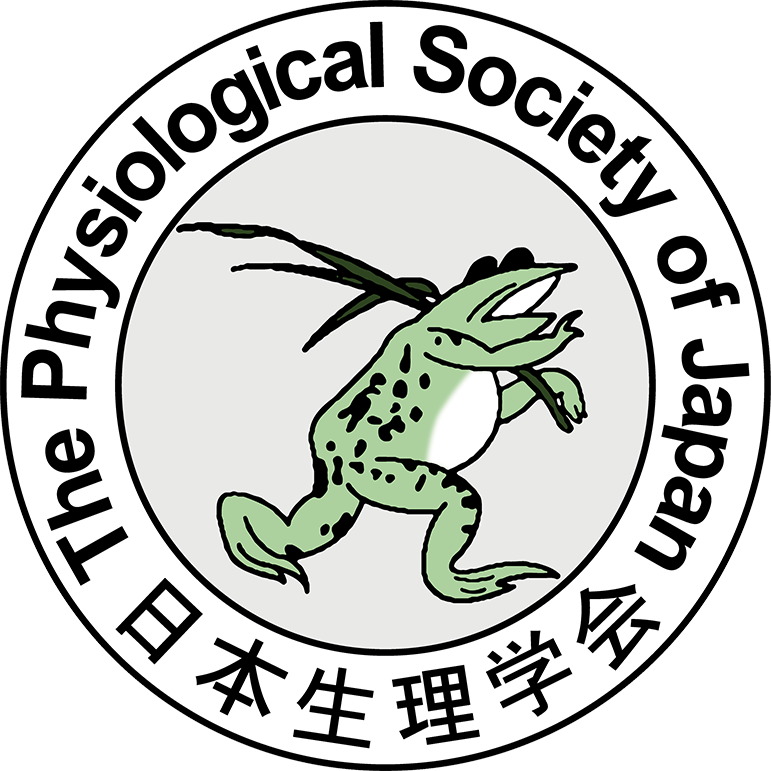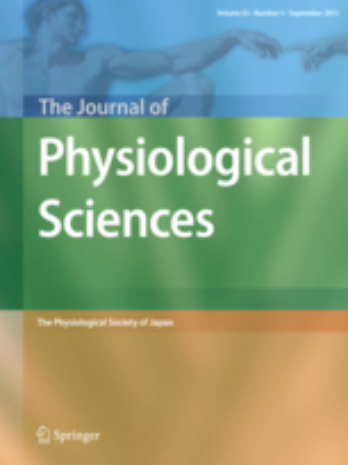NIPS/Thermal Biology/FAOPS2019 Training Course
- National Institute for Physiological Sciences (NIPS) [located at Okazaki] and Thermal Biology Group supported by JSPS will hold a training course on basic techniques in physiological research on April 1st-5th 2019 at NIPS. The course covers the travel expense from Kobe to NIPS and from NIPS to the airport of the return flight as well as the accommodation fee for five nights at NIPS.
- Application
September 1st - October 30, 2018.
- Candidates need participation registration for 9th FAOPS Congress 2019.
About NIPS
National Institute for Physiological Sciences (NIPS) is an inter-university
research institute for research and education on human physiology, which
investigates the mechanisms of human body function. NIPS also carries out
joint studies with domestic and foreign scientists, and provides education
and training for graduate students and young scientists. Followed by FAOPS2019
at Kobe, NIPS will hold a training course on basic techniques in physiological
research for the participants of FAOPS2019 in collaboration with Scientific
Research on Innovative Areas ‘Thermal Biology’ from April 1st to 5th, 2019.
We welcome applications from young researchers such as graduate students
and postdoctoral fellows with keen interest and enthusiasm in physiological
sciences.
Coursesコース概要
- Course1
- Patch-Clamp and Thermal Imaging (Tominaga lab)
We will teach the fundamental methods to analyze functions of ion channels in vitro using patch-clamp and imaging techniques. We will also demonstrate plasmid transfection and data processing.
The first part of the training is electrophysiological analyses of temperature-sensitive TRP channels (thermo TRPs) that are transiently expressed in tissue culture cells. Thermo TRPs are unique set of receptors in primary afferent neurons that are activated pharmacologically and physically including temperature increase/decrease. Trainees will learn the theoretical basis of patch-clamp technique and practical methods to stimulate and record the activities of the thermo TRPs upon ligand/temperature stimulations.
The second part of the training is a simultaneous recording of activities of the thermo TRPs and temperature changes using imaging techniques. Recent advances in fluorescent probes allow us to measure heterogeneity and changes of temperature in subcellular region. Trainees will learn how to measure temperature fluctuations and intracellular Ca2+ increase upon local heating using a confocal microscope.
We will accept 7 young researchers (graduate students and Postdocs) who are interested in or going to use these techniques in future. The applicants do not need special skills/backgrounds of electrophysiology and molecular biology, and novices from every field are encouraged to submit.
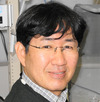 Link to Tominaga Lab.
Link to Tominaga Lab. 
- Course2
- Patch-clamp recording from neurons in acute brain slices (Yoshimura lab)
The whole-cell patch-clamp technique makes it possible to analyze synapses and local neural circuits in a brain slice preparation in which the fundamental architecture of the circuits is mostly maintained. In this training course, we will teach trainees how to prepare acute slices from mouse visual cortex and record membrane potentials and excitatory/inhibitory postsynaptic currents from pyramidal neurons on the slice using the whole-cell patch-clamp technique. In addition, we will provide instructions on how to perform a functional analysis of neural circuits employing a combination of laser scanning photostimulation using caged-glutamate and whole-cell recording.
We will accept 2-3 young researchers for participation in this training course. We welcome graduate students and Postdocs who are interested in the electrophysiological analysis of functional synapses and neural circuits in the mammalian brain. The applicants do not need special skills or backgrounds in electrophysiology.
 Link to Yoshimura Lab.
Link to Yoshimura Lab.
- Course3
- In vitro/vivo approaches for evaluating cardiovascular functions (Nishida lab)
In our training program, we will walk you through some of the fundamental techniques to investigate molecular and physiological basis of cardiovascular adaptations and pathologies. These include both in vitro and in vivo approaches such as:
Isolation of cardiomyocytes from rat neonatal heart
Isolation of cardiomyocytes from mouse adult heart
Ca2+ imaging using isolated cardiomyocytes
Echocardiography (non-invasive measurement of cardiac function)
ail-cuff (non-invasive measurement of blood pressure)
Laser speckle flowgraphy (non-invasive measurement of peripheral blood flow)
We will accept 2-3 dedicated future scientists (graduate students and Postdocs) who are interested in exploring cardiovascular systems by using our techniques. Although specialized knowledge or skills are not necessarily required, experience with standard molecular biology techniques is preferred.
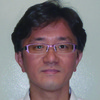 Link to Nishida Lab.
Link to Nishida Lab.
- Course4
- Biochemical analysis of in vivo protein complexes (Fukata lab)
Determining the composition of native protein complexes is essential for understanding the physiological and pathological processes of living organisms. We will introduce a series of experiments, which allow high recovery and specific isolation of the protein complexes in vivo. In this course, trainees will practice affinity purification of protein complexes from the brain lysate, silver staining and in-gel digestion of purified protein complexes and mass spectrometry-based protein identification. We will accept 2-3 young researchers (graduate students and postdocs).
 Link to Fukata Lab.
Link to Fukata Lab.
- Course5
- Immunofluorescence staining of frozen tissue sections (Furuse lab)
To determine the cellular or tissue localization of a protein of interest provides crucial information to understand its function. Immunofluorescence staining is commonly used for this purpose. It can also be used as a qualitative measure of protein expression. In this course, we will train beginners to acquire a series of a protocol for immunofluorescence staining of frozen tissue sections, including preparation of frozen sections, immunostaining, image acquisition with a fluorescence microscope and data presentation. We will accept 2 young researchers (graduate students and postdocs).
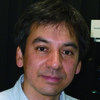 Link to Furuse Lab.
Link to Furuse Lab.
 Link to Tominaga Lab.
Link to Tominaga Lab. 
 Link to Yoshimura Lab.
Link to Yoshimura Lab.
 Link to Nishida Lab.
Link to Nishida Lab.
 Link to Fukata Lab.
Link to Fukata Lab.
 Link to Furuse Lab.
Link to Furuse Lab.





